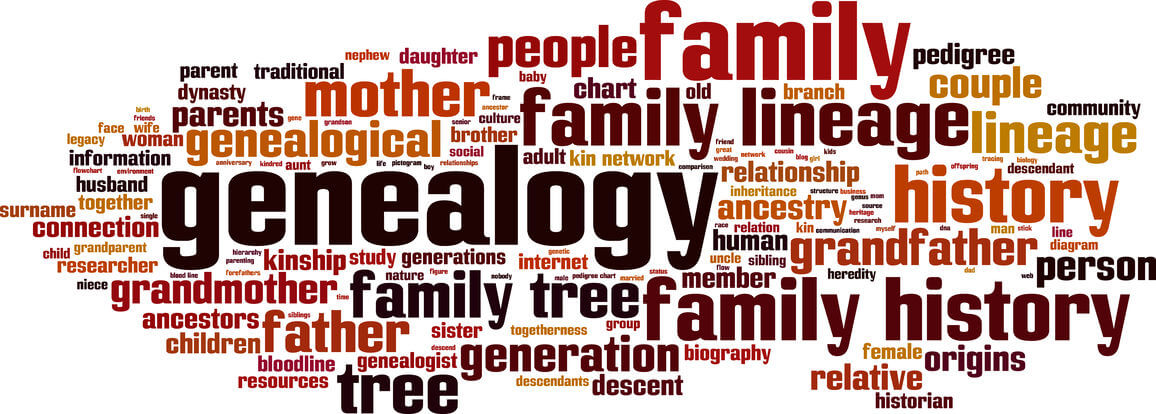Origin of Sayce Surname
Surnames became necessary when governments introduced personal taxation. In England this was known as Poll Tax. Surnames appear to have been used from the eleventh century onwards, though the popular use did not develop until much later. The first group to adopt the use of hereditary surnames were the nobles as it was relatively easy to recognise the upper class by their titles, estates, castle, or locality.
The Welsh surname Sayce and its variants are of nickname origin. A person who had some obvious trait or trade could be identified as such, and so be named accordingly. Hence the surname ‘Small’, for a short person, and ‘Butcher’, for a butcher by trade.
In this case, Sayce means ‘the foreigner’, the ‘Englishman’ and would have applied to someone who recently moved into the community. This term is derived from the Welsh word ‘sais’ which means ‘Saxon’, as does ‘Sassenach’ to the Scots. The Saxons were a Germanic tribe who in Roman times spread from Schleswig across North West Germany to the Rhine, and raided and settled in parts of southern Britain in the 5th Century and 6th Century. They are thought to have been named from a kind of knife or dagger that they used, in Old German a 'sahs'.
It is also thought that the Sayce surname also applied to Welshmen who served the English (the Crown or Lords) or who made their fortune there. (Sir Gregory Sais was one such). It is also thought that the Norman Marcher Lords settled English tenants on their lands for obvious reasons. So we would expect to find them along the English side of the Welsh border, or in that part of Wales called "little England beyond Wales" on the far end of Pembrokeshire that was settled by the Normans quite early. Even today the Welsh refer to the English as "the Sais" with a sibilant hiss of distaste.
The surname Sayce and its variants occurs as a descriptive term in almost every Welsh record and pedigree from the fourteenth century down to the times when some of its numerous forms (many of which are now obsolete) became stabilised. They remain with us today as surnames.
The Sayce’s were first found in Shropshire where they were granted lands by Duke William of Normandy at the Battle of Hastings in 1066.
Garway is within the ancient area called Archenfield (we sometimes still use the name locally) which was a sort of independent buffer state between the Saxons and the Celts. Many of our surnames still reflect the nature of the ancient Archenfield, being a mixture of English and Welsh roots - names like "Sayce" (from the Celtic word for "Saxon" - related to the Scots Sassenach) and Bevan (from the Welsh Ap Evan - son of Evan). Archenfield is basically a triangle between the rivers Wye and Monnow.4
Early written records of the surname Sayce or its variants date back to ‘Em’ Seis, who is recorded in the Hundred Rolls of Shropshire in 1255, during the reign of King Henry 111. A hundred is between a village and a shire, where local matters of dispute between aggrieved parties were resolved, with their peers providing judgement according to customary law. The hundred was also collectively responsible for any crimes committed within its borders.
A John Sayce is listed amongst persons recommended for appointment to the Council of the North, Yorkshire, in a letter written by Sir Thomas Gargrave, Vice-President of the Council of the North, dated September 1572.3
Other early references include Jeven Sais who in 1392 is recorded in the ‘Extent of Chirkland, 1391-1393. Another is ‘Jevan Wynne ap Jevan ap Ll 'n Says of Lampeter in the commote of Ardyddowey, co. Merioneth' who was granted a royal pardon on the 29th March, 1513.
Other references include1:-
Anian Seys, 1309, Bishop of Banger.
William Sys, co. Soma, : Edw. III ; Kirby’s Quest, p.121.
Rogerus Seys, 1384 : Hist and ant, St David’s, p.371.
Henry Sayse and Margaret Warren : 1619: Marriage Lic. (London).
Ilyke de Ivon Seys : Visitation Glouc. (1623), p.98
Joane Howell ap Evan Sais : ibid. p.180
At the Chepstow police-court on Saturday, before Messrs. G. Seys and H. Lowe, South Wales Daily News, Aug 26, 1889.
In Wales the Sayce surname is ranked as the 98th most common surname2.
Variations of the Sayce Surname
Prior to the 1800’s the general populace were generally illiterate. Births, Marriages and deaths (BDM’s) were registered by the church until 1837, from when they were registered by the County offices.
When a church warden registered a BDM they spelt the name according to their ability to correctly understand the name phonetically. Should the warden not be from the district, they would spell the surname according to their interpretation of a dialect which would be foreign to their ears. This resulted in many variances in the spelling of surnames.
An example of this is the family of John & Pheobe Sayes of Clun in the mid 1600’s. Of their six children, their surnames were spelt Saise, Sayes, Sayse and Saice.
Common variations of the Sayce name include Saes, Saice, Saies1, Sais, Saise, Saish, Sase, Say, Sayes, Says, Sayse, Seyes, Seys1, Seyse, and Sice. One will also come across unusual variations such as Layce, Soysy and Saysay, which are normally incorrect spelling in Census documents.
References
1. Dictionary of English and Welsh Surnames
2. Williams, Michael (1966). Researching Local History.
3. The Fairfax Family.
4. http://www.learningobjectivity.com/garwayfolkweekend/area.html (Garway Folk Festival Weekend website).


